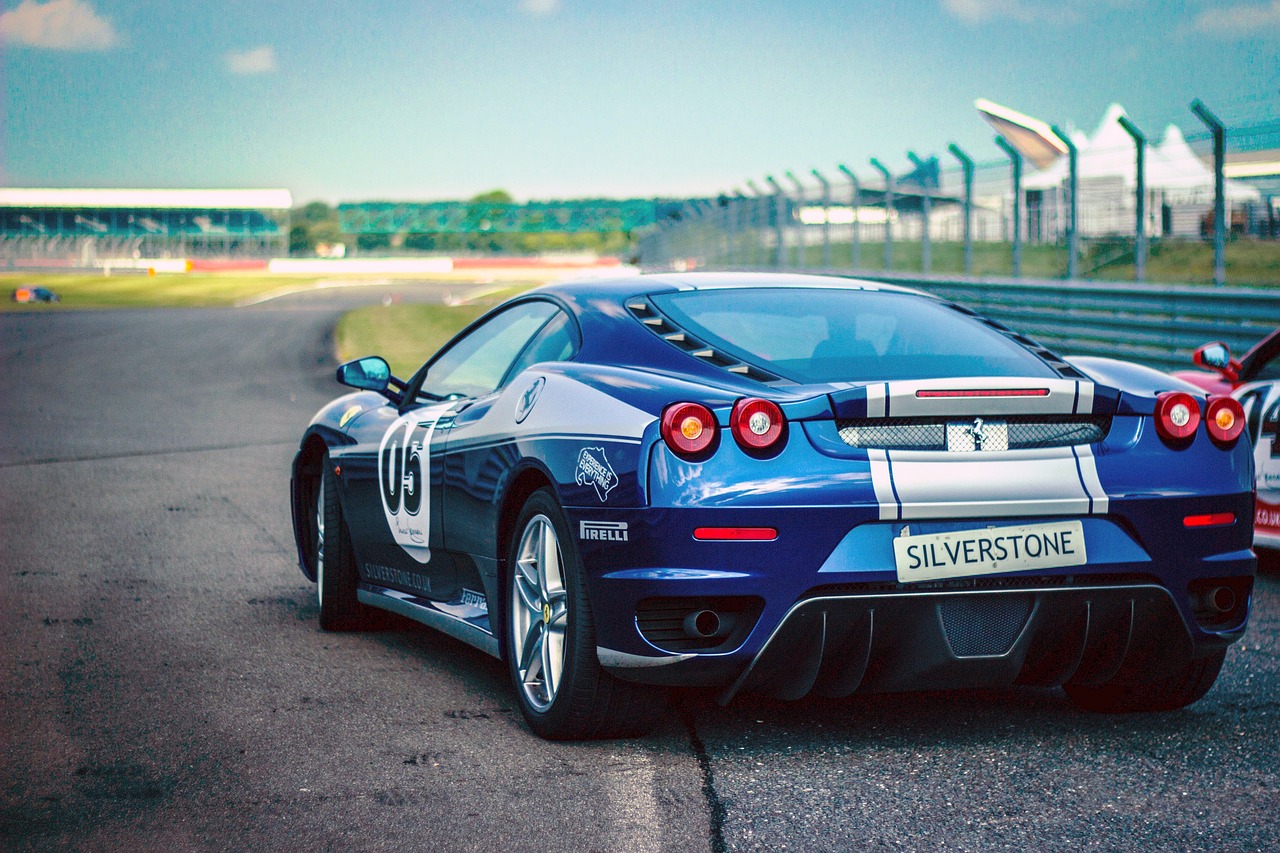Max Verstappen’s Rain-Soaked Triumph at the Sao Paulo Grand Prix
Max Verstappen showcased his exceptional driving skills by soaring from 17th place to victory at the rain-lashed Sao Paulo Grand Prix, solidifying his lead in the drivers' championship. Teammates Esteban Ocon and Pierre Gasly from Alpine secured second and third places, respectively, while title contender Lando Norris struggled to finish sixth. This race not only highlighted Verstappen’s prowess in wet conditions but also ignited discussions about his place in the pantheon of legendary wet-weather performances.
Driving under treacherous conditions is often considered the ultimate test for Formula 1 drivers. Verstappen’s performance on Sunday has prompted comparisons to other iconic wet-weather wins in history.
Notable performances include:
- Jim Clark dominating at Spa in 1963
- Jackie Stewart’s remarkable victory at Nurburgring in 1968
- Ayrton Senna’s breathtaking drive at Donington Park during the 1993 European Grand Prix
- Michael Schumacher’s commanding win in Spain in 1996
- Lewis Hamilton’s triumph at Silverstone in 2008
These races share common traits: challenging weather, poor visibility, and one driver often appearing to operate on a different level than their competitors. In Brazil, Verstappen demonstrated this superior control and speed.
Verstappen’s race began with a spectacular first lap, advancing from 17th to 11th almost immediately. By lap 11, he had climbed to sixth place. Despite some initial challenges overtaking other drivers, once he took the lead from Ocon, he displayed a clear edge over the competition.
Challenges for Other Contenders
While Verstappen thrived, Lewis Hamilton faced a difficult weekend. The Mercedes driver struggled with car confidence and performance issues that have plagued him throughout the season. Hamilton expressed frustration over his car’s capabilities after finishing lower than expected.
He reflected on his experience driving Senna’s historic vehicle but lamented the performance of his current car: “The race was crap… I’m still happy… but we have to find out what it is.”
The contrast between Hamilton’s struggles and Russell’s stronger showing raises questions about Mercedes' setup and adaptability to current regulations.
Looking Ahead: The Future of F1
Verstappen’s victory not only highlights his exceptional talent but also brings attention to ongoing debates regarding race regulations. Many are questioning whether existing rules around tire changes during red flags need reevaluation after they significantly impacted Sunday’s race outcome.
As Formula 1 continues to evolve, discussions surrounding regulatory fairness and competitive balance will undoubtedly shape future seasons. With three races left in the championship, fans eagerly anticipate how these dynamics will unfold as drivers strive for glory amidst ever-changing conditions.


